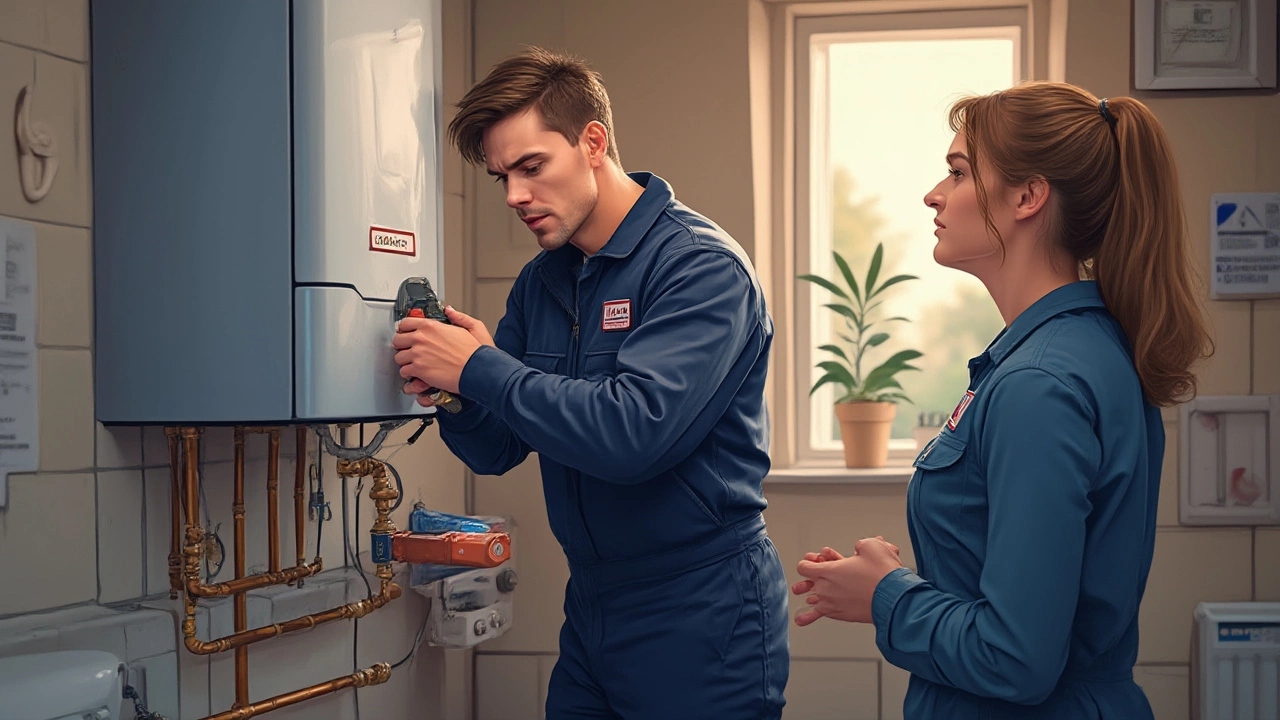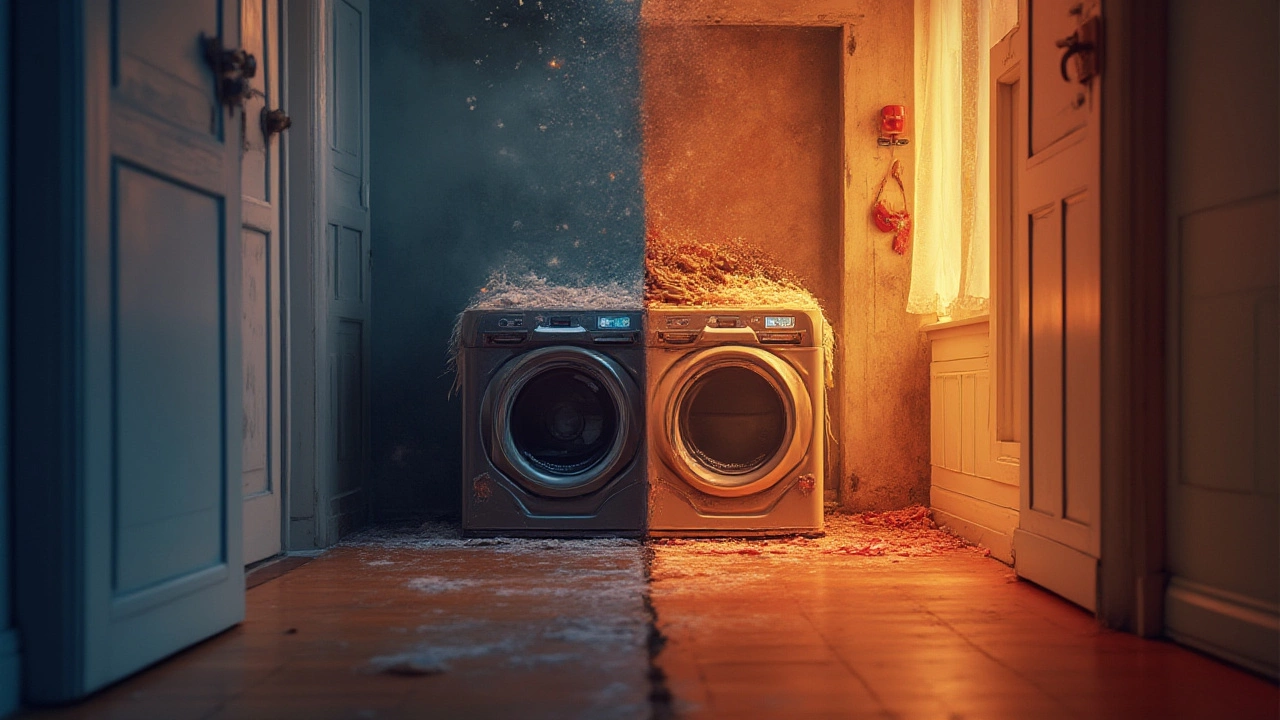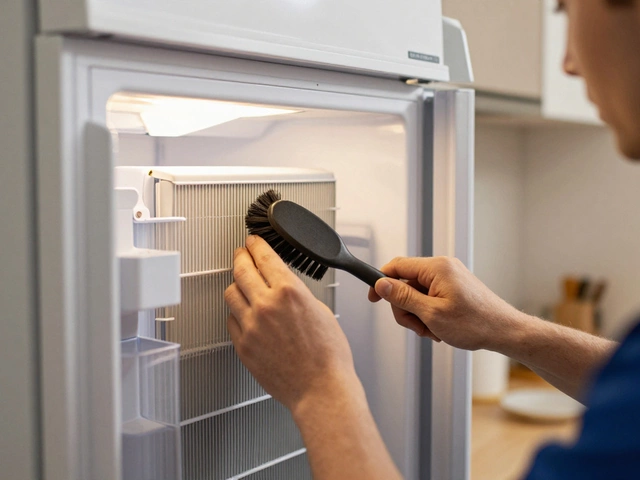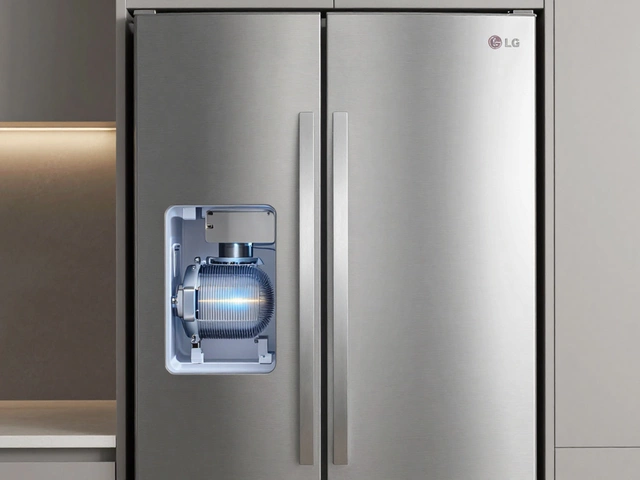I once heard a story about a family who found out the hard way just how dangerous ignoring gas appliance checks can be. A tiny hiss from behind their oven was all it took to turn a peaceful evening into a nightmare. The reality is, gas appliances are everywhere in our homes—heating water, cooking dinners, keeping us warm in the winter. But here’s the kicker: a surprising number of people don’t know how often these appliances should be checked, or what can go wrong if you leave them too long.
Why Regular Gas Appliance Checks Matter More Than You Think
If there’s one thing that keeps gas engineers up at night, it’s hidden leaks. The NHS reported over 200 hospital admissions in 2023 from accidental carbon monoxide (CO) poisoning in UK homes. The really scary part? CO is odorless, colorless, and totally invisible. Safety organizations recommend annual checks for all gas appliances. Think of your gas boiler, water heater, cooker, or fireplace as silent workhorses—they do their job without fuss as long as they’re maintained, but one overlooked fault could spell disaster.
Gas leaks don’t just make you sick—they can explode. And most insurance policies won’t cover loss or damage if you’ve neglected routine maintenance. Beyond personal safety, regular checks also protect your wallet. Faulty gas appliances break down more often, use more energy, and can shorten their own lifespan. In 2024, British Gas estimated that a well-maintained boiler saves the average household up to £150 a year in fuel costs.
Some people think they’ll know when something is wrong. But the early signs of gas trouble aren’t always obvious. That’s why scheduled, professional inspections are non-negotiable.
So, How Often Should Gas Appliances Be Checked?
The industry standard, backed by the Gas Safe Register, is crystal clear: have all gas appliances professionally inspected at least once a year. No excuses, no exceptions. This includes gas appliance safety checks for every boiler, cooker, fire, and water heater you own. If you’re a landlord, you’re legally required to have annual gas safety checks and give your tenants a certificate. Miss this, and you could face big fines or even jail.
But what if you’ve just had a new appliance installed? Always book a check after any installation, and stick to the annual cycle from then on. Some manufacturers go a step further: they require proof of regular servicing to keep the warranty valid. No annual check, no help if your boiler breaks mid-winter.
What about appliances you rarely use? Don’t skip them—unused doesn’t mean immune. In fact, dormant gas lines can build up pressure or develop leaks without anyone noticing.
| Appliance Type | Recommended Check Frequency | Why Check? |
|---|---|---|
| Boiler | Annually | Prevent leaks, improve efficiency |
| Cooker/Oven | Annually | Guard against gas build-up & malfunction |
| Gas Fire | Annually | Prevent CO leaks, check vents |
| Water Heater | Annually | Spot corrosion, reduce CO risk |
If you’re in a rented property, always request to see the landlord’s annual gas safety certificate. Never assume it’s been done.

Spotting Trouble: Warning Signs You Shouldn’t Ignore
Last year, my son Tristan came home complaining about a headache and feeling dizzy. It turned out the cause was a tiny CO leak from a faulty connection behind our gas fire. Thankfully, we picked it up early, but he could have been another statistic. Don’t put your family in harm’s way—watch out for these warning signs between annual checks:
- Yellow or orange flames instead of blue on the hob or fire
- Pilot light frequently blowing out
- Sooty marks or scorching around the appliance
- Too much condensation or excessive moisture on windows
- Unusual smells—especially rotten eggs, which is odour added to gas for detection
- Headaches, dizziness, nausea or breathlessness in people or pets
Another tip: get CO alarms fitted in every room with a gas appliance. They’re cheap, widely available, and can genuinely save your life. Modern alarms need changing every 5-7 years, so don’t just fit it and forget it. Test the alarm at least once a month, just like you do with smoke alarms. If it ever goes off, leave the house and call the gas emergency number immediately.
Keen noses are handy but unreliable—CO is completely undetectable by smell. Gas suppliers add a warning odour (mercaptan), but it fades over time in some leaks, especially those underground or concealed by furniture.
DIY Checks vs Professional Inspections: What’s Safe to Do Yourself?
It’s tempting to save money by checking things yourself—everyone’s feeling the pinch. But when it comes to gas, don’t take shortcuts. There are some simple checks you can do safely, but the technical stuff must be left to a registered Gas Safe engineer. Here’s what you can handle:
- Keep appliance vents and flues clear of dust or debris
- Check flame color regularly (should be crisp blue, not yellow or orange)
- Look for any visible signs of corrosion, cracks, or strange noises
- Test your CO alarm monthly
- Make sure you know how to shut off your gas supply in an emergency
But don’t try to take apart an appliance, fix pipework, or relight pilot lights if you’re not certain—it’s not just unsafe, it’s illegal without Gas Safe certification. A proper annual inspection covers a long checklist: leak detection, pressure tests, carbon monoxide levels, gas flow rates, ventilation routes, and operational safety devices. Engineers use specialist tools, not just a quick peek and a sniff.
Insist on seeing your engineer’s Gas Safe ID before letting them in. The register is public and updated daily.

Simple Tips for Keeping Gas Appliances Safe Year-Round
So you’ve had your annual check. What now? Safety is 24/7, not once a year. Teaching your family—including kids!—about gas safety goes a long way. My son Tristan knows to open windows and stay out if he ever smells gas. Get everyone in the habit of reporting odd smells or weird appliance behavior, not ignoring it.
Another smart move is to mark your calendar with the date of your last check. Set a phone reminder 11 months later to book the next one before it sneaks up on you. Keep records of any work done—if you switch engineers, having paperwork speeds things up and avoids confusion.
Check outside vents are clear of fallen leaves or snow. After heavy weather, look for blocked chimneys or damaged flues—wild weather does more damage than you’d think. If you’re heading away for a long time, turn off appliances you don’t need. Keep emergency numbers handy and know where your gas shut-off valve is (it’s often just inside the meter cupboard or in the kitchen).
If you have elderly relatives living alone, help them schedule regular safety checks, or do quick visual checks yourself whenever you visit. Vulnerable people are most at risk from gas leaks and carbon monoxide poisoning.
And finally, treat your appliances as investments, not inconveniences. A reliable gas cooker, boiler, or heater saves money and stress if it’s looked after properly. Skip a check, and you could pay the price—in ways far worse than an annoying leak.



